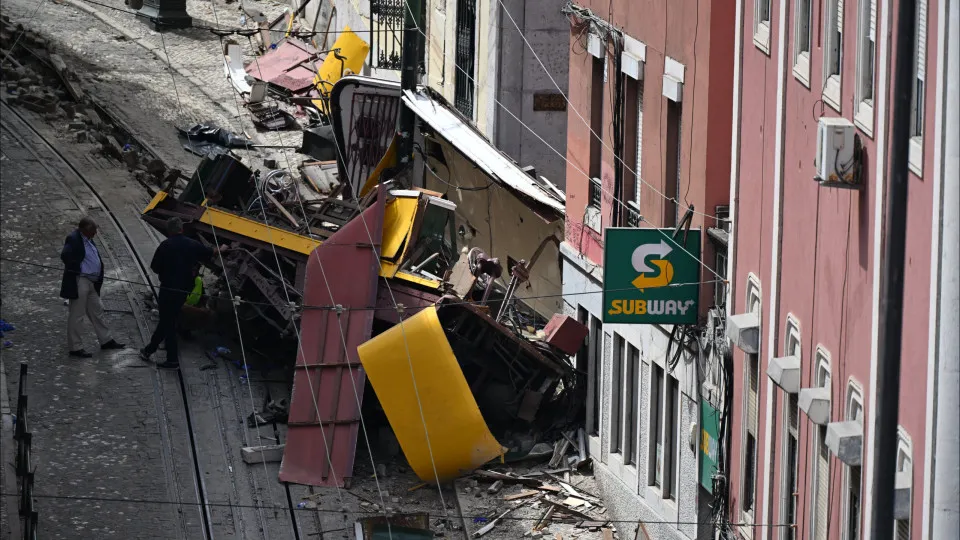
More than 129,600 tenants will receive the extraordinary rent support payment this month, with retroactive payments from January. Additionally, 58,659 tenants will have their payments suspended due to inconsistencies, as disclosed by the Government.
“According to the Instituto de Habitação e Reabilitação Urbana (IHRU), data from 2025 indicates that support will be paid to 129,642 tenants in September, with retroactive payments dating back to January,” stated the Ministry of Infrastructure and Housing in a written response.
Others Lose Support
The number of tenants with inconsistencies, whose payment will therefore be suspended, reaches 58,659. In these cases, beneficiaries will be notified and must rectify their situation through the Portal Consulta Cidadão available on the IHRU website.
Ombudsman Highlighted Irregularities
Last week, the Ombudsman announced that a communiqué was sent to the Secretary of State for Housing to urge an urgent review of the extraordinary rent support, after receiving a “significant volume of complaints” indicating serious irregularities.
Questioned by Lusa, the Ministry of Infrastructure and Housing emphasized that “the Programa de Apoio Extraordinário à Renda (PAER), created in 2023 by the previous Government, was poorly designed, involving data integration from five different entities (IHRU, Tax Authority, Social Security, Caixa Geral de Aposentações, and Fundação para a Ciência e Tecnologia), without ensuring their interoperability.”
As previously announced by the Government, the program is scheduled for a “near-term” review to ensure its operationalization.
Complaints Rose This Year
This year, the Ombudsman recorded a significant increase in complaints regarding the suspension and reduction of support, receiving around a thousand requests related to the rent support regime between May 2023 and July 2025.
The Ombudsman concluded that the legal regime was designed without attention to the fundamental rights and guarantees of the citizens and noted an insufficient capacity for coordination and response from the Instituto da Habitação e Reabilitação Urbana (IHRU), the Tax Authority, and the Social Security Institute (ISS).
It was also observed that “fully established rights such as the citizens’ right to information, notification of decisions, grounds of administrative acts, and prior hearing of interested parties” were being disregarded, and that “citizens covered by this support—announced as automatic—have been repeatedly redirected from service to service without obtaining the sought information.”
Additionally, it pointed out that the software platforms in use “are fragile and inadequate for the function, contributing to severe delays and information difficulties.”
The complaints received this year also reveal the “extreme delays” until the start of payment of the support, and that, once payment begins, only a single monthly amount is delivered, “without knowledge of when the due retroactive payments will be made.”
“In several situations, citizens claim that their social and economic situation has worsened due to state failures, expressing a deep disbelief in a legal solution designed to support them,” the Ombudsman noted.
Some of the “systemic failures” in this support had already been highlighted in the last two annual reports submitted to the Assembly of the Republic, the Ombudsman recalled.




